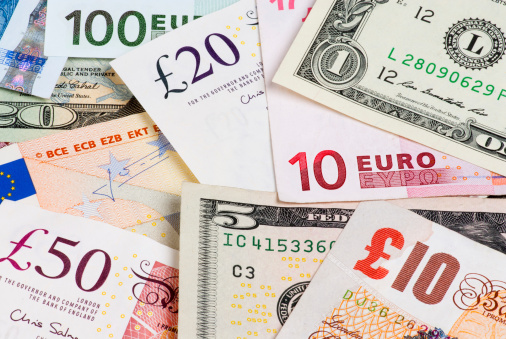Banking, finance, and taxes
Strong Dollar, Greek Woes Boost Hedged Equity Funds
Published:
Last Updated:

The European ETF’s net asset value (NAV) has risen from $55.782 on January 2 to $61.7836 on February 14, an asset total of $10.46 billion. The Japanese ETF’s NAV has increased from $49.7266 to $51.1833, for a total of $13.17 billion.
Lower-priced goods from both eurozone and Japanese firms would normally make equities denominated in euros and yen a reasonable diversification option, but as both the euro and the yen continue to fall against the dollar, the total return to investors can take a hit when earnings are repatriated to dollars.
The sharp increase in the European hedged equity fund is likely due to the uncertainty concerning Greece and how that country will resolve its debt issues with the rest of the eurozone. Given the threat that Greece may leave (or be kicked out of) the eurozone and that no one knows what impact that could have on the euro itself — other than the euro is sure to fall — investors wanting to maintain exposure to Europe have poured into the fund.
The euro has added a few ticks Tuesday morning, now trading at about 1.138 to the dollar. The yen is weakening, though, at around 119.1 to the dollar.
ALSO READ: CEOs Rate U.S. as the Most Important Market
The thought of burdening your family with a financial disaster is most Americans’ nightmare. However, recent studies show that over 100 million Americans still don’t have proper life insurance in the event they pass away.
Life insurance can bring peace of mind – ensuring your loved ones are safeguarded against unforeseen expenses and debts. With premiums often lower than expected and a variety of plans tailored to different life stages and health conditions, securing a policy is more accessible than ever.
A quick, no-obligation quote can provide valuable insight into what’s available and what might best suit your family’s needs. Life insurance is a simple step you can take today to help secure peace of mind for your loved ones tomorrow.
Click here to learn how to get a quote in just a few minutes.
Thank you for reading! Have some feedback for us?
Contact the 24/7 Wall St. editorial team.